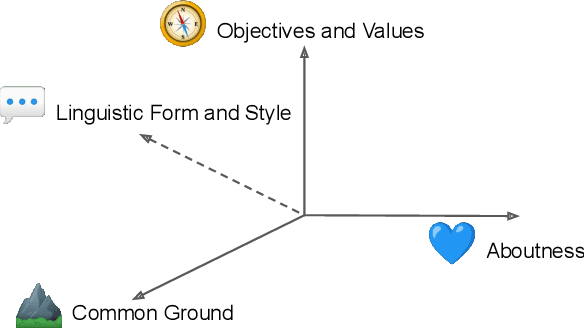Challenges and Strategies in Cross-Cultural NLP
Paper and Code
Mar 18, 2022
Various efforts in the Natural Language Processing (NLP) community have been made to accommodate linguistic diversity and serve speakers of many different languages. However, it is important to acknowledge that speakers and the content they produce and require, vary not just by language, but also by culture. Although language and culture are tightly linked, there are important differences. Analogous to cross-lingual and multilingual NLP, cross-cultural and multicultural NLP considers these differences in order to better serve users of NLP systems. We propose a principled framework to frame these efforts, and survey existing and potential strategies.
* ACL 2022 - Theme track
 Add to Chrome
Add to Chrome Add to Firefox
Add to Firefox Add to Edge
Add to Edge